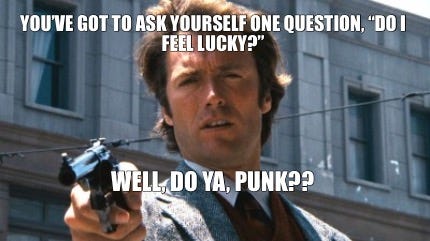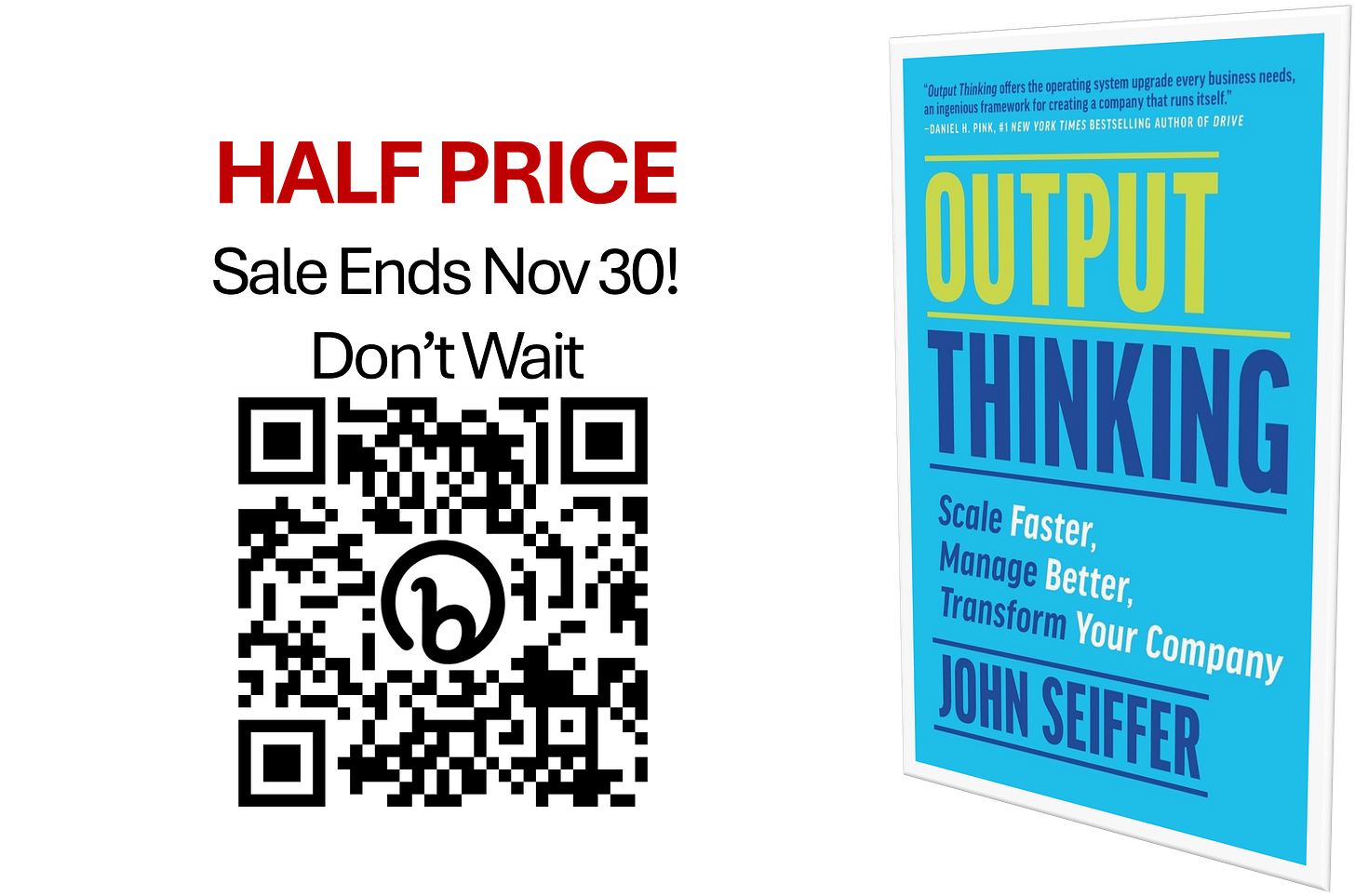Take My Advice. But don't follow it.
I spent many years mentoring start up founders and I always warned them about mentor whiplash. That's when two mentors with similar credentials would give them opposite advice about what they should do. Who was right they'd wonder, and whose advice should they follow? They're both right I would say. Because they're each coming from different experiences and what they did worked - or they wouldn't even be in a position to be a mentor. It worked for them, but the context within which it worked was different from each other. And different still from the context the founder was in.
The critical thing for the founders I was talking to was that they dig beneath the advice and look for the context that made it work. Then see what they can take away that would be useful in their own context. That's what I mean by taking advice but not following it. Be critical. Don't expect to be able to transplant what worked for someone else directly into your life to get the same results.
I was reminded of this earlier today as I was looking at a couple of unrelated social media posts both made by Jonathan Swanson (@swaaanson)1. He was talking in separate threads about two different CEOs who both run cutting edge companies worth trillions of dollars. But they do it in very different ways. If you were trying to follow their example in hopes of mimicking their success, you'd be whiplashed.
One has worked at the same company he co-founded for over half his life. He doesn't do 1:1 meetings and has 60 direct reports! He often meets with them all together in a large group.
The other hates large teams. He fires people to keep teams small. And he flips around between the 6 different companies he runs which are in different industries, some with no obvious connections. In his career he has worked at or founded several other companies - many of which he's not currently involved in. And he was not a founder of either the companies he's currently most famous for running.
Both are Immigrants
Both men were born outside the US and are testaments to how much immigrants can contribute to the US. Both have become US citizens, but only one worked in the country illegally before becoming naturalized.
So whose example should you follow? Probably neither. Just like with my advice, or advice from any other person. Don't follow it. Take it. Digest it and utilize whatever makes sense in your situation. If you're hoping to gain direction from stories of entrepreneurs, either written about them or worse, written by them, remember you aren't getting the full picture. And the picture you are getting has generally been meticulously crafted to present a certain message about what really happened.
However, when you can get advice face to face, in real life, you can ask questions and usually go deeper. So dig in. Try to ask questions that help you figure out what combination of skills, circumstances and luck led to the outcomes they got and which of those are applicable to you. But even then, there are likely pieces of the story that are missing.
What's often missing is luck.
Luck is often a piece that's missing from the story. Warren Buffett has frequently said he's a member of the lucky ovary club because he was born in a time and place where he could benefit from things he was naturally good at. And that means not just his intelligence and skills but his emotional temperament as well.
Ross Perot, a billionaire who died in 2019, made his fortune as one of the first people to sell outsourced computer services. When he started his company, the spend in computers was 80% on hardware and 20% on software and services. But as he grew his firm the ratio reversed. He was once asked if he saw that shift coming so he could capitalize on it. He responded, no, that he'd have been happy to take advantage of the 20%. The shift was a lucky wave that he had the good fortune to ride. Don't discount luck in the success of people you want to emulate.
Life is not lived as a bumper sticker. There is no single secret to success. No morning routine that guarantees positive results. But there is wisdom and insight to be gained from the stories and advice of others. Only if you don't follow it.
That's my advice. Will you follow it or take it?
Do you feel lucky?
If you're reading this before Nov 30, 2024, then you ARE lucky.
Why? My book, Output Thinking, is half price till then.
The threads I mentioned are at https://x.com/swaaanson/status/1859597745369280573 And https://x.com/swaaanson/status/1838194017806532761




